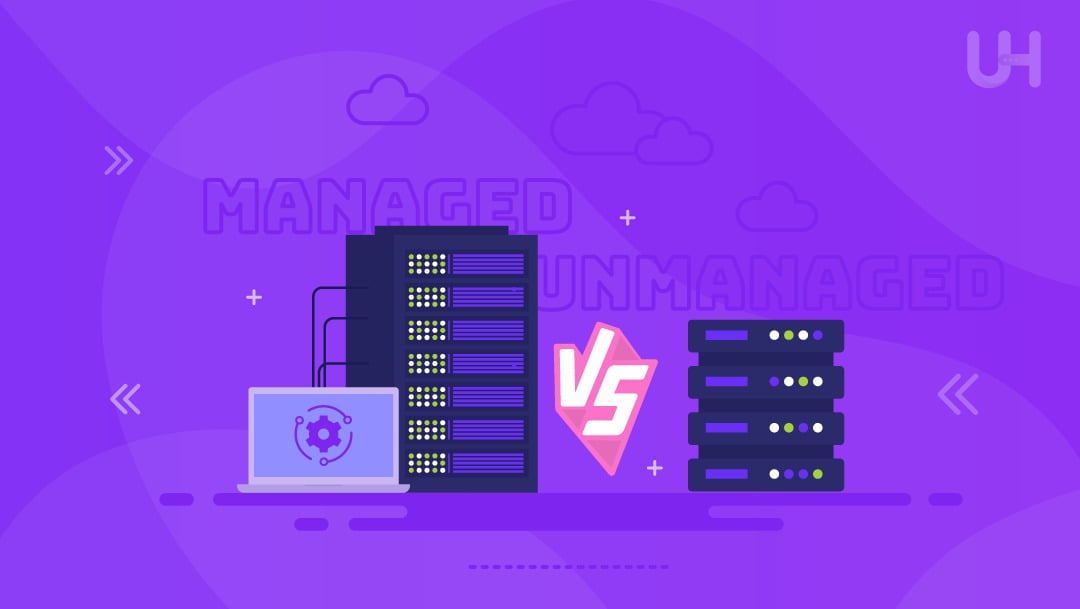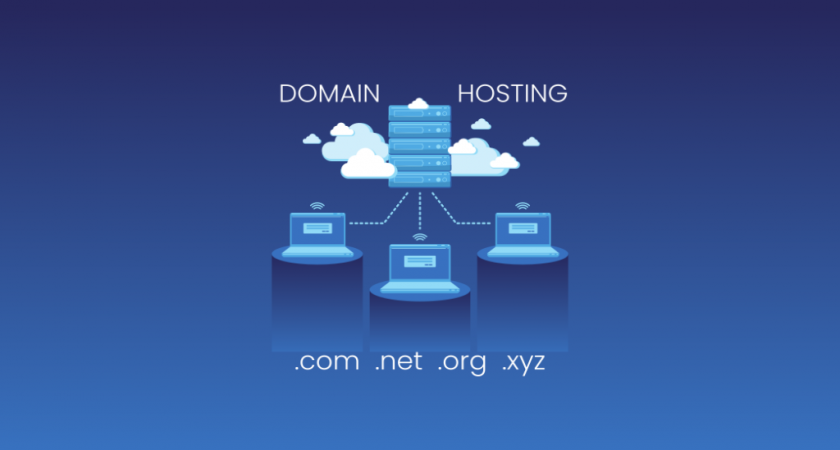How Does a Web Hosting Plan Affect Your Site’s Traffic and Performance?

Your chosen web hosting plan determines your website’s flexibility, dynamism, and performance.
While it may be tempting to buy domain and web hosting from the cheapest Web Hosting provider, you may still need to reap the full benefits of reliable and high-performing Web Hosting.
By upgrading your Web Hosting, you can immensely improve the speed of your website’s page loading, especially for resource-intensive sites with extensive code and database queries.
Also, upgrading can significantly enhance speed if your website experiences slow loading times due to high concurrent user traffic.
Tops 3 Ways in Which Web Hosting Affects Website Traffic and Performance
- Uptime
Every minute your website is offline, you risk losing potential traffic, loyal visitors, and valuable sales. Plus, visitors have little patience, making every moment crucial.
Having higher uptime is crucial for several reasons, including:
- Minimizing revenue loss from website downtime.
- Ensuring customer satisfaction and encouraging repeat visits.
- Improving search engine ranking.
- Handling sudden surges in web traffic.
While achieving 100% uptime is unrealistic, top NZ Web Hosting providers strive to reach that goal as closely as possible. And so, it’s essential to select a host that prioritizes high uptime performance.
- Security
Hackers constantly search for vulnerabilities to exploit and gain unauthorized access to your servers and valuable data. Failing to prioritize security can have severe consequences.
A cyber attack on your website can result in many adverse outcomes, such as the theft of sensitive corporate and personal information, financial loss, business disruption, and damage to your brand’s reputation. In addition, this can result in losing website visitors and customers.
Negligent security practices by Web Hosting sites may include using outdated admin panels like cPanel or storing passwords without proper encryption.
Your hosting provider is responsible for managing the entire hosting environment. And so, they must either implement the necessary security practices on your behalf or guide you in executing them through your cPanel.
- Page Load Speed
Website speed and performance go hand-in-hand. After Google’s announcement about its impact on mobile search rankings, Page Load Speed became a buzzword of this decade.
Today, users are less likely to wait for a slow-loading website when numerous alternatives offer faster load times.
To positively influence your website’s performance, your NZ Web Host should:
- Opt for SSDs instead of HDDs, as they offer faster speed and superior reliability.
- Ensure sufficient RAM allocation based on your website’s requirements. For example, while an essential lightweight website may need around 2GB of RAM, dynamic websites typically require more.
- Allocate ample bandwidth to facilitate faster website functioning. A higher bandwidth allows for improved performance.
Key Takeaway
Your choice of Web Hosting services is the primary building block of your website.
Selecting the appropriate host for your website is vital, and it can be challenging if you lack experience or need to be well-versed in the frequent updates and advancements in hosting services.
A dependable web hosting provider plays a crucial role in unlocking the full potential of your site by ensuring stability and offering support whenever needed.





